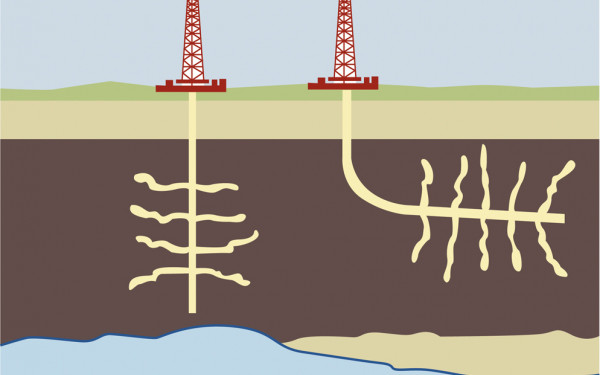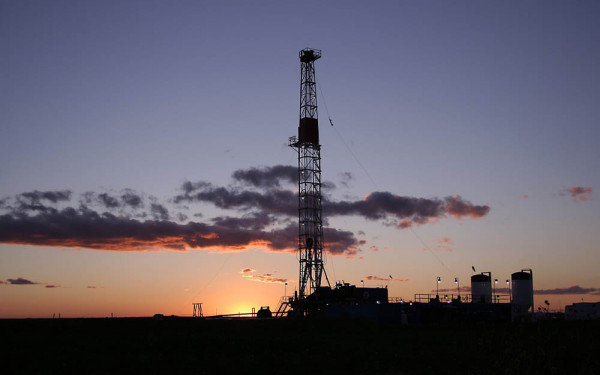Fractured Land Review
Documentary Takes A Close Look Into Fracking And Its Effect On First Nations Communities
Tomorrow, students will have the opportunity to peer into the devastating world of fracking from a unique and telling perspective.
Cinema Politica will be screening Fractured Land at the Henry F. Hall Building at 7 p.m. the evening of March 21. The documentary deals principally with Caleb Behn and his journey as a young law student fighting against the Canadian government’s endorsement of fracking and its devastating effects on the environment.
His entire life, he has seen first hand the contamination that has made the waters surrounding his land deadly. Behn personally believes this pollution left him with the cleft lip and palate that he suffered as an infant.
While investigating his cause all over Canada, Behn also travelled to New Zealand, only to discover the Maori people there have also been plagued with the same cancers and birth defects due to the fracking operations taking place on their land.
Though the facts and statistics surrounding the oil industry are difficult to swallow, what may in fact be even more infuriating is the relationship that is portrayed between the Canadian government and Aboriginal people.
By law, the government is ordered to consult First Nations communities about the details of any prospective projects taking place within the boundaries of their land.
However, the film makes apparent that consultation, in actuality, means simply informing them of the operations that will proceed as planned, and ignore all protests.
“First they came for the trees, they came for the gold, they came for the fur, they came for the children, they came for the oil, they came for the gas. Then, they started taking the water,” said Behn about the exhaustion of our Canadian resources in order to feed the growing international economy.
He stresses that the indigenous people have a different relationship with the environment and have great knowledge of ways to live in harmony with nature.
While following the traditional “talking heads” documentary style, the film goes beyond the wider issue and also delves deep into the humanity of its subject. It explores Caleb’s personal struggle as he faces the possible discrepancies in his character, as well as his fight to remain close to his First Nations roots in a corporate world.
In fact, these incompatibilities appear in his own family. His mother proudly works for the oil industry and points out that the employment opportunities these operations bring are primarily beneficial. His father, a survivor of the residential school system, is strong in his belief that the land should be preserved at all costs. While Caleb shares his father’s perspective, he is well aware of the conflicts within his cause.
It is an evocative film that gives a loud voice to those who have been compromised in the management of their own land. The lush cinematography is breathtaking: beautiful, wide scenic shots establish the location in northeast British Columbia and are a strong reminder of what is at stake. Interesting editing techniques involve match cutting from natural landscape to harsh, unnatural lights and structures, juxtaposing two different worlds.
While fracking remains a very hot topic and many feel hopeless against the corporate powers that be, Behn retains a positive attitude towards his ambitious undertaking.
“What greater gift than to have good work in front of you,” he says. Let’s hope that it’s a sentiment viewers will share after witnessing his extraordinary journey.
FRACTURED LAND // March 21 // 7 p.m. // H-110 (1455 de Maisonneuve Blvd) // Pay what you can

_720_446_90.jpg)
_600_832_s.png)



_600_375_90_s_c1.jpg)
